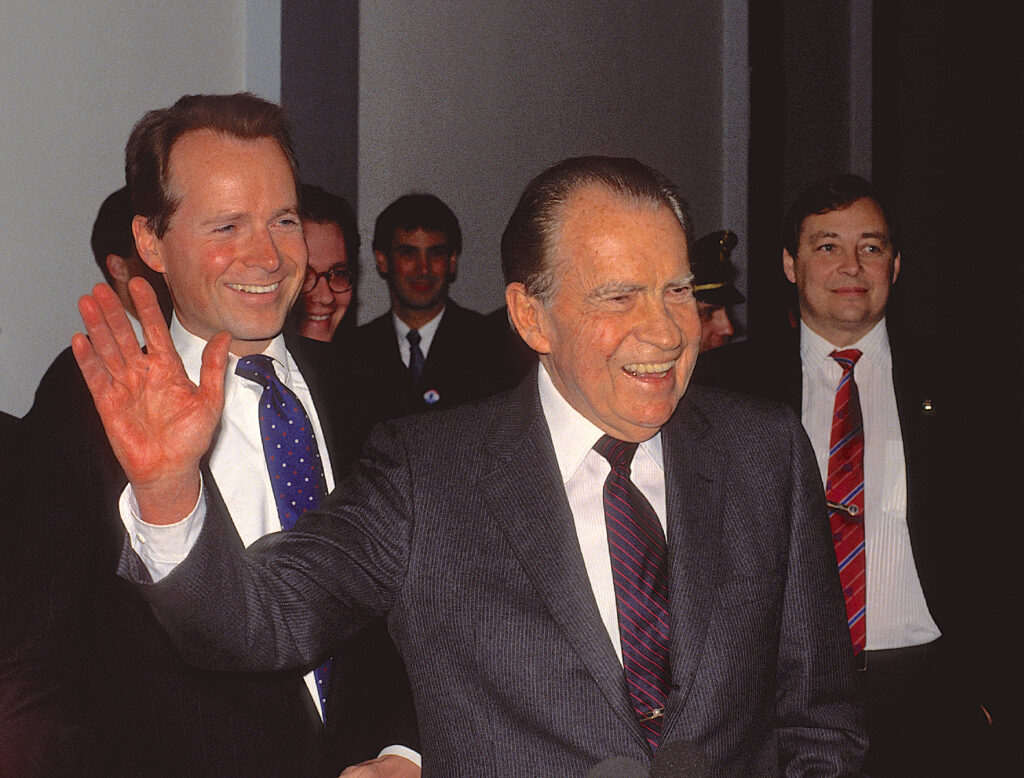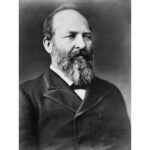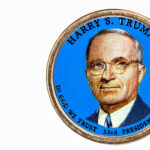The Cambodian campaign, which took place between April and July of 1970, marked a significant escalation in the Vietnam War. This campaign was authorized by U.S. President Richard Nixon, who formally ordered American combat troops to participate alongside South Vietnamese forces in an effort to eliminate North Vietnamese sanctuaries in Cambodia. This controversial decision had far-reaching consequences for the region and Nixon’s presidency.
By 1969, it was clear that the Vietnam War was not going as planned for the United States. Nixon inherited a deeply unpopular war from his predecessor, Lyndon B. Johnson, and sought to bring an end to the conflict with a policy known as “Vietnamization.” This strategy aimed to gradually reduce U.S. military involvement while bolstering the capabilities of South Vietnamese forces.
However, Nixon’s administration faced a significant challenge: North Vietnamese troops were using neighboring Cambodia as a base for launching attacks into South Vietnam. The Ho Chi Minh trail, a major supply route for the North Vietnamese Army, ran through Cambodia’s dense forests. In an effort to disrupt these supply lines and eliminate North Vietnamese sanctuaries, Nixon authorized a joint U.S.-South Vietnamese military operation in Cambodia. The first part of this operation was a covert bombing in 1969 that Nixon kept hidden from the public. The next part was an intensification of this campaign, including a ground offensive in 1970.
The decision to expand the war into Cambodia was met with widespread opposition both in the United States and internationally. Anti-war protests intensified across the country, culminating in the tragic Kent State University shooting on May 4, 1970, where four students were killed by National Guard troops during a demonstration.
Despite the political and social backlash, the Cambodian campaign proceeded. American and South Vietnamese forces were able to destroy a significant portion of the North Vietnamese supply network, but their incursion into Cambodia also led to a rapid destabilization of the country. The U.S.-backed Cambodian government was weakened, paving the way for the rise of the genocidal Khmer Rouge regime, which would claim the lives of an estimated 1.7 million people.
References:
https://www.history.com/news/nixon-war-powers-act-vietnam-war-cambodia
https://www.history.com/topics/vietnam-war/vietnamization
https://www.kent.edu/may-4-historical-accuracy
https://gsp.yale.edu/case-studies/cambodian-genocide-program




